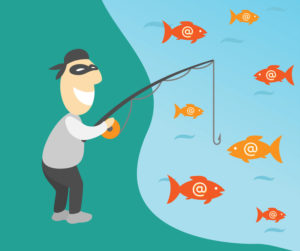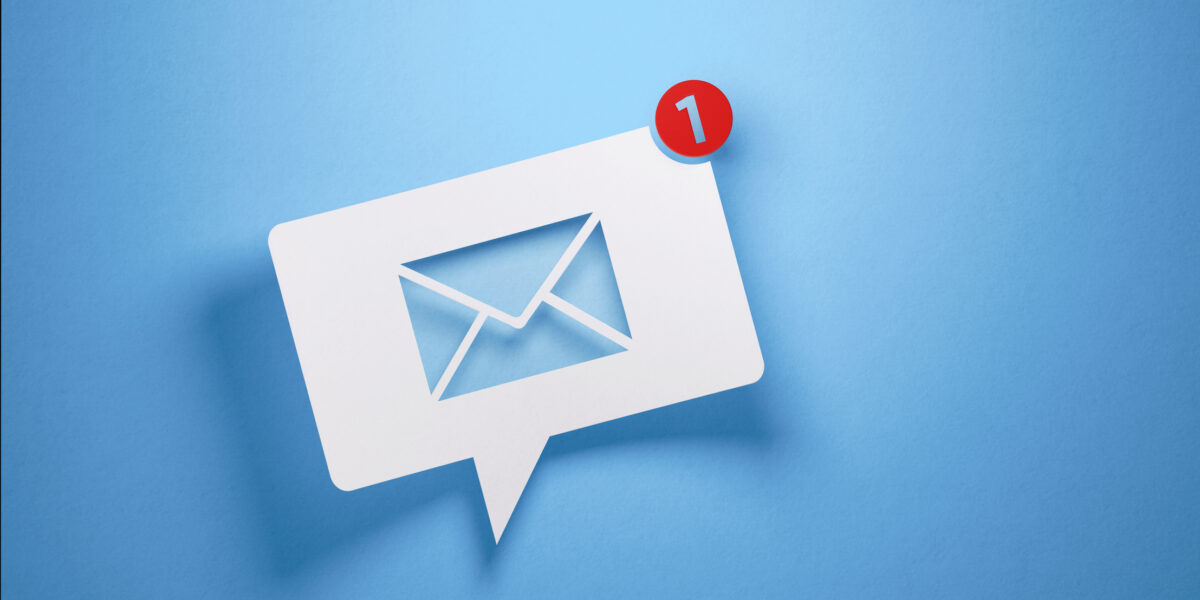 Earlier this month, Google Docs discovered a phishing scam campaign by an unknown organization which affected roughly 1 million accounts. Thankfully it took only an hour after the release of the Google Docs phishing scam to bring it down. Phishing for information via email is just one way hackers try to obtain personal account information.
Earlier this month, Google Docs discovered a phishing scam campaign by an unknown organization which affected roughly 1 million accounts. Thankfully it took only an hour after the release of the Google Docs phishing scam to bring it down. Phishing for information via email is just one way hackers try to obtain personal account information.
Google Docs Phishing Scam
This Google Docs phishing scam came in the form of an email which used data to make you believe that someone you knew had shared a document with you on Google Docs. The hope was that they could get you to click on the malicious link which would take you to a look-alike site where you would then enter all of your login information for your real account.
Keep Track of Your Emails and Attachments
It’s really important to pay attention to your email attachments and to watch out for email attachments that you aren’t expecting. If you aren’t sure whether the attachment someone sent you is really from the person who sent it, pick up the phone and call them to ask. Clicking on links or opening documents you are unfamiliar with could have serious consequences that could cost you in repairs or permanently lost data.
Prevent Phishing Scams by learning how to identify them, then report and delete them:
- Grammatical errors, misspellings or unprofessional verbiage
- Lack of personalization. Most companies use your last name and part of an account number.
- Domain names that don’t match up to a reputable company.
- Tracking information for a package you’re not expecting
- Urgent requests to click on something or do something (before you figure out it’s a scam).
CCSI provides comprehensive network security services for small- to medium-sized businesses in the Portland/Vancouver area. For more information on how we can help your business, please contact our office.



